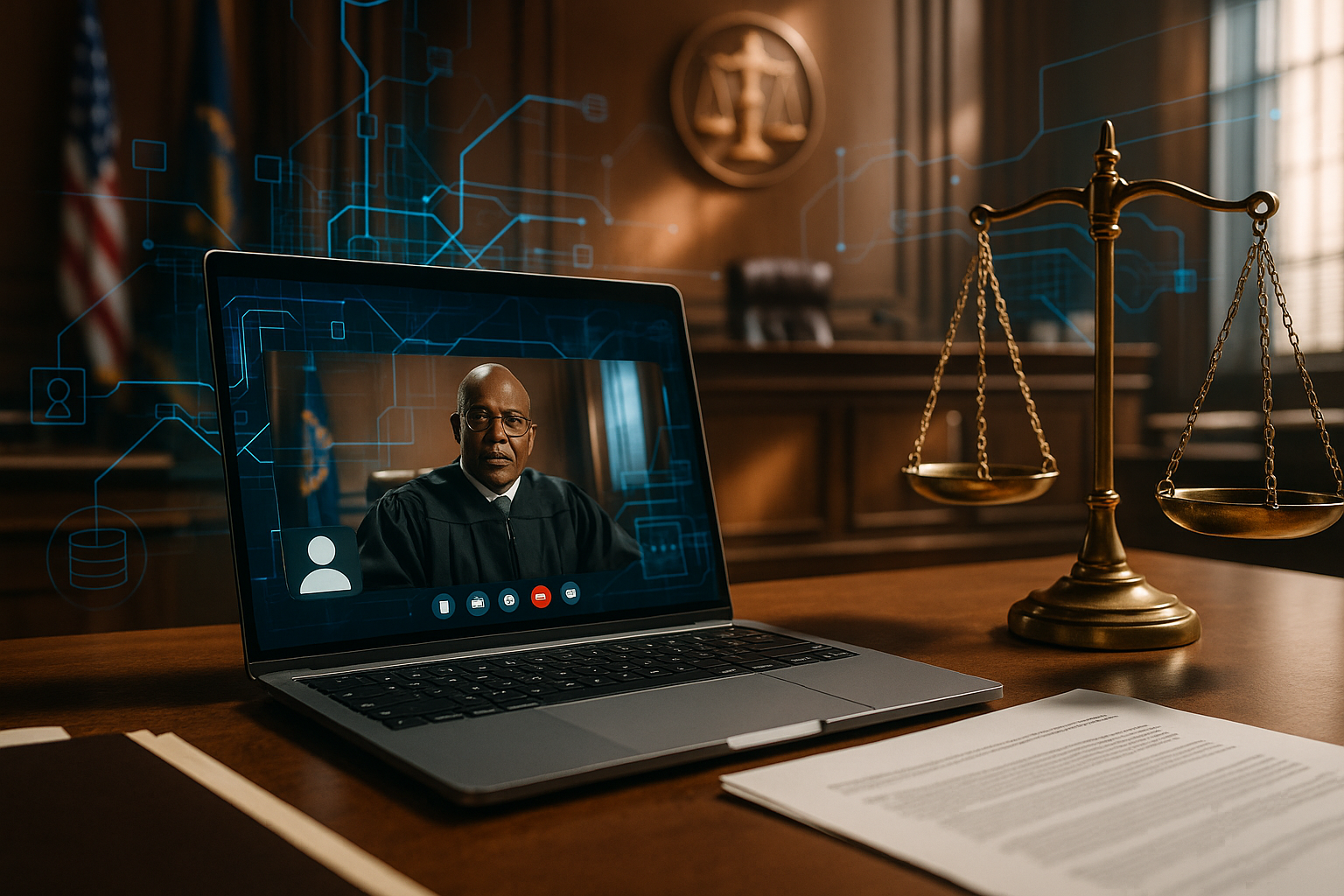The Role of Technology in Modernizing Judicial Systems
Introduction: The world is swiftly moving towards a digital frontier, and so is the judicial system. This article examines the role of technology in modernizing court procedures, enhancing access to justice, and improving efficiency in judicial systems.

The Historical Context and Key Legal Developments
Historically, legal systems have been characterized by heavy reliance on paperwork, manual labor, and physical presence in courtrooms. However, over the years, there have been significant strides in technology that have gradually started to influence legal domains. From digital databases for case law research to online dispute resolution platforms, technology has been instrumental in revolutionizing the way judicial systems operate.
The Advent of Technology in Legal Systems
In the late 20th century, most jurisdictions started exploring the potential of technology in enhancing court procedures. The introduction of computerized case management systems, electronic filing (e-filing) of cases, and online access to court records marked the beginning of this digital transformation.
The Digital Age and Legal Systems
The 21st century has witnessed an accelerated adoption of technology in legal systems. Artificial Intelligence (AI) and machine learning are now being employed to predict case outcomes, while blockchain technology is being explored for secure document exchange and contract execution. Virtual courts have also become a reality, with hearings conducted over video conferencing platforms, a necessity brought on by the COVID-19 pandemic.
Implications and Impact on Society
The integration of technology in the judicial system is transforming the way justice is delivered. It has increased transparency, expedited legal processes, and made the justice system more accessible to the public. However, it has also raised concerns about data security, privacy, and the digital divide, particularly for those who lack access to technology.
Future Prospects and Challenges
The future of technology in legal systems seems promising, with advancements like AI judges and smart contracts on the horizon. However, it also poses challenges such as ensuring data security, maintaining privacy, addressing the digital divide, and overcoming resistance to change from traditional legal professionals.
In conclusion, technology is playing a pivotal role in modernizing judicial systems, promising a more efficient and accessible justice delivery mechanism. However, as we forge ahead, it will be critical to address the challenges that come with these advancements, ensuring a seamless transition to a digital judicial system.






